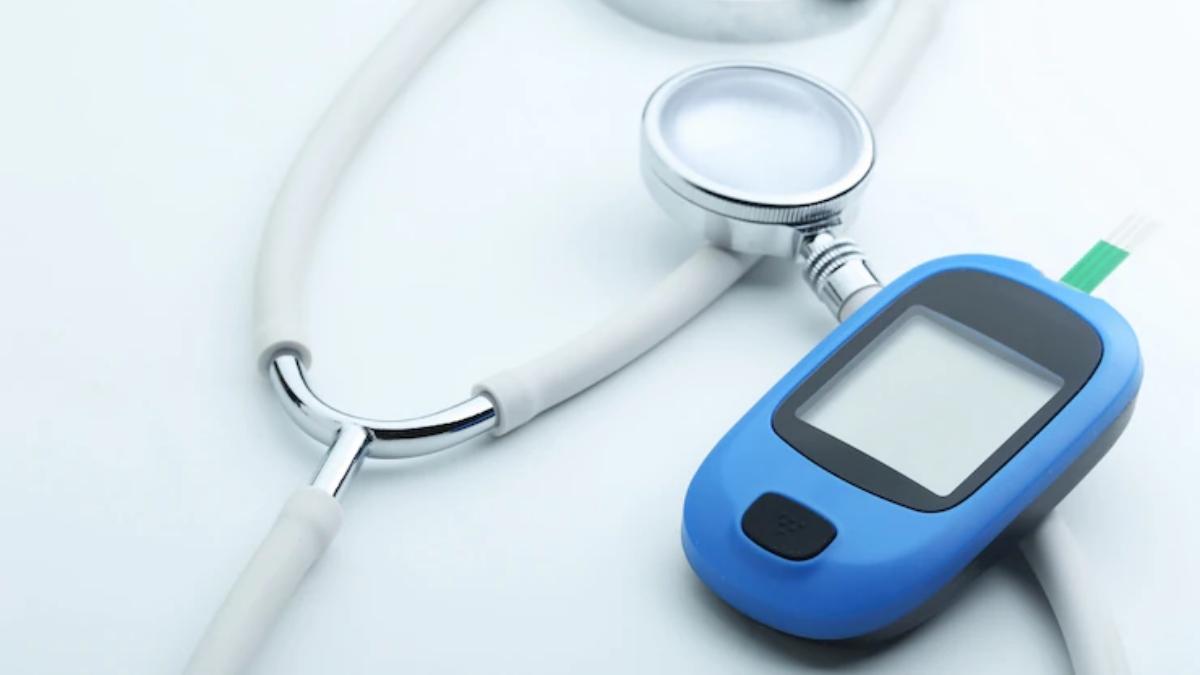Diabetes is a debilitating disease that affects millions of people across the world. For the unversed, diabetes is a disease that occurs when your blood sugar levels are too high. Experts have seen an upward trend when it comes to incidences of diabetes in India. Our way of living and eating habits are two of the most common causes that lead to the onset of the disease. This sneaky disease can creep into your system when you least expect it.
Skin signs of diabetes
1. Dark areas
Too much insulin in the body can lead to dark patches on the back of your neck, armpits and genital areas. This is usually a sign of prediabetes, which is medically known as acanthosis nigricans.
2. Recurrent boils
So, diabetes does not directly cause boils! Changes in our blood glucose levels can make us more susceptible to infections, which can take longer to heal. These boils may appear suddenly when blood sugar levels are high, and they may settle down if our blood sugar levels are under control.
3. Hard, thickening skin
Medically known as digital sclerosis, hard and thickening skin usually develops on the fingers, toes, or both. It may start on the back of your hands, and progress to the forearms and upper arms due to uncontrolled diabetes. In some cases, it can spread to the chest, shoulders and face.
4. Skin tags
Have you been noticing small growths which are of the same colour as your skin? A lot of people with high levels of blood sugar or type-2 diabetes tend to have skin tags. They are non-cancerous growths that look like a cluster of skin tissue hanging from a stalk. They are also known as acrochordons.
5. Delayed wound healing
Diabetes makes the body unable to use insulin the way it should, which leads to high blood sugar levels. This slows down wound healing. Diabetes can also trigger immunity system deficiency, poor blood circulation and make us prone to infections. Leaving wounds untreated can lead to complications, so make sure you are doing everything you can to prevent it.
6. Bedsore
Also known as pressure ulcers, bedsores occur due to prolonged pressure on the skin. They usually develop on the heels, hips, tailbone or ankles. Diabetes triggers neuropathy (nerve damage) and poor circulation, both of which can increase the risk of pressure ulcers. It is easy to not notice these, which is why one needs to be on the lookout for such signs.
7. Diabetic dermopathy
Another skin sign of diabetes is diabetes-related dermopathy, a skin condition that may lead to red and brown spoke on the lower part of your legs. There is no particular treatment to get rid of this skin condition.
Disclaimer: Tips and suggestions mentioned in the article are for general information purpose only and should not be taken as professional medical advice. Please consult a doctor before starting any fitness regime or medical advice.
Also Read: National Cancer Awareness Day 2022: History, significance & everything you need to know
Also Read: High cholesterol patients should eat peanuts daily or not? Know advantages and disadvantages

